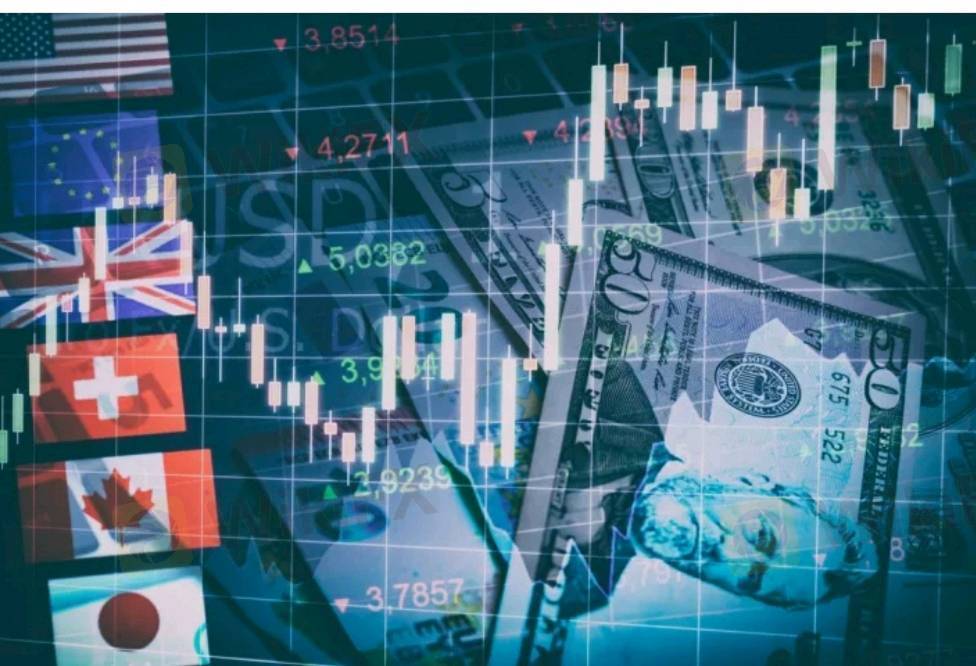
2025-01-22 09:10
IndustriyaUNDERSTANDING THE GROWTH OF FOREX TRADING
#
History of Forex Trading
Throughout human civilization, there has always been a system of exchanging value. From direct barter trade to salt as well as copper and gold coins, various items that possess currency characteristics have been used as mediums of exchange. However, forex trading, as we know it today, traces its roots to the gold standard that was very much in place during the 19th century. Under that system, different currencies could be exchanged because they could easily be converted back to gold. Countries could only mint currencies according to the amount of gold they had in their reserves. But following the two World Wars during the first half of the 20th century, countries were forced to abandon the gold standard in order to be able to print more funds to finance their operations and expenses. The post-war era saw world currencies become very volatile, and major global powers attempted some measures to help stabilise the forex market.
Katulad 0
danantey02
Mangangalakal
Mainit na nilalaman
Pagsusuri ng merkado
Dogecoin cheers coinbase listing as Bitcoin’s range play continues
Pagsusuri ng merkado
Grayscale commits to converting GBTC into Bitcoin ETF:
Pagsusuri ng merkado
Bitcoin's price is not the only number going up
Pagsusuri ng merkado
Theta Price Prediction:
Pagsusuri ng merkado
How to Research Stocks:
Pagsusuri ng merkado
Bitcoin (BTC), Ethereum (ETH) Forecast:
Kategorya ng forum

Plataporma

Eksibisyon

Ahente

pangangalap

EA

Industriya

Merkado

talatuntunan
UNDERSTANDING THE GROWTH OF FOREX TRADING
 Tunisia | 2025-01-22 09:10
Tunisia | 2025-01-22 09:10#
History of Forex Trading
Throughout human civilization, there has always been a system of exchanging value. From direct barter trade to salt as well as copper and gold coins, various items that possess currency characteristics have been used as mediums of exchange. However, forex trading, as we know it today, traces its roots to the gold standard that was very much in place during the 19th century. Under that system, different currencies could be exchanged because they could easily be converted back to gold. Countries could only mint currencies according to the amount of gold they had in their reserves. But following the two World Wars during the first half of the 20th century, countries were forced to abandon the gold standard in order to be able to print more funds to finance their operations and expenses. The post-war era saw world currencies become very volatile, and major global powers attempted some measures to help stabilise the forex market.
Katulad 0
Gusto kong magkomento din
Ipasa
0Mga komento

Wala pang komento. Gawin ang una.

Ipasa
Wala pang komento. Gawin ang una.